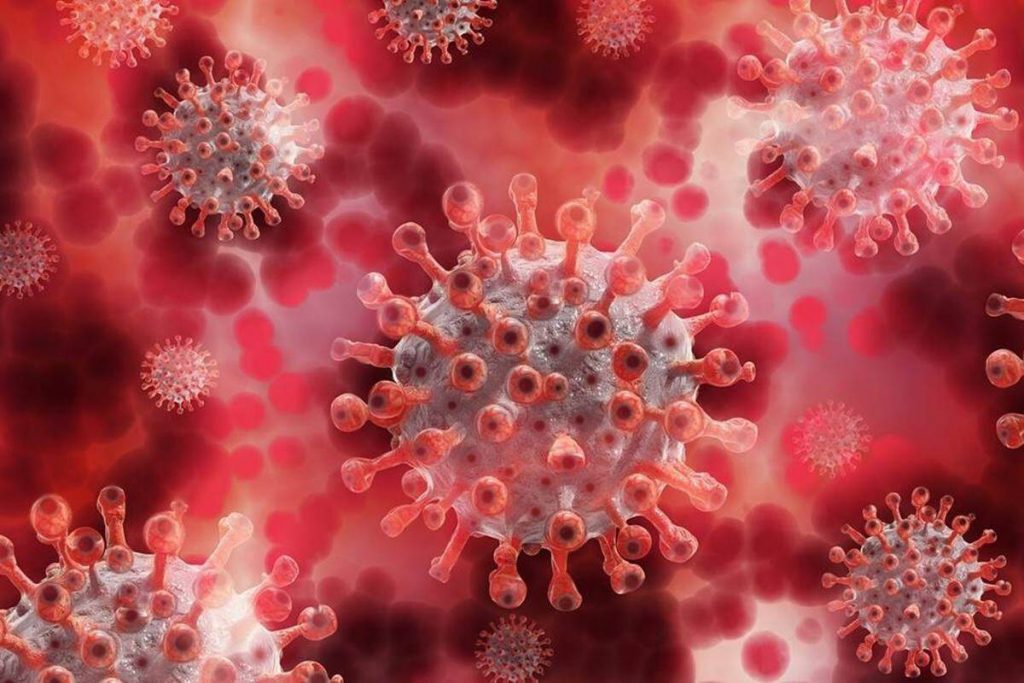Virendra Pandit
New Delhi: The vaccines currently being administered across many countries to protect the people against the Covid-19 pandemic are “almost certainly less effective” against preventing transmission of the B.1.617.2 variant of coronavirus first detected in India, a leading expert said on Saturday.
Professor Anthony Harnden of the Oxford University, who advises the United Kingdom’s vaccination program, warned against any complacency. Any easing of lockdown in England must be done with “utmost caution” as it remains unclear exactly how much more transmissible this variant is, he said.
Dr. Harnden, Deputy Chair of the Joint Committee on Vaccination and Immunisation (JCVI), clarified that there is no evidence yet of increased severity of illness or that the said mutation of the virus evaded the vaccine.
“The vaccines may be less effective against mild diseases but we don’t think they are less effective against severe disease. But in combination with being less effective against the mild disease, they are almost certainly less effective against transmission,” media quoted him as saying.
British Prime Minister Boris Johnson had, on Friday, said the easing of lockdown in England will begin on May 17. He focused on the “important unknowns’ related to the B.1.617.2 variant which is said to be largely behind India’s devastating second wave of the pandemic.
Johnson said this variant was more transmissible than the previous one, as it passes more easily from one person to another. “We are going to be learning a lot more in the coming days and weeks,” he said in an indication that a planned June 21 timeline for an end to all lockdown measures is likely to change, media reported.
Under the UK’s action plan to tackle the B.1.617.2 variant of concern (VOC), all citizens about 50 years of age and the most vulnerable groups will get a second dose of vaccination earlier than scheduled. An appointment for a second dose will be preponed from 12 to eight weeks for these groups.
The government has also pressed the armed forces along with public health officials in some of the hotspots to distribute Covid-19 tests door-to-door as part of the campaign.
The British government’s Scientific Group for Emergencies (SAGE) said that the B.1.617.2 variant could be up to 50 percent more transmissible than the one first recorded in the Southeast England region of Kent in 2020, which became the UK’s dominant strain.

